Play Based Learning
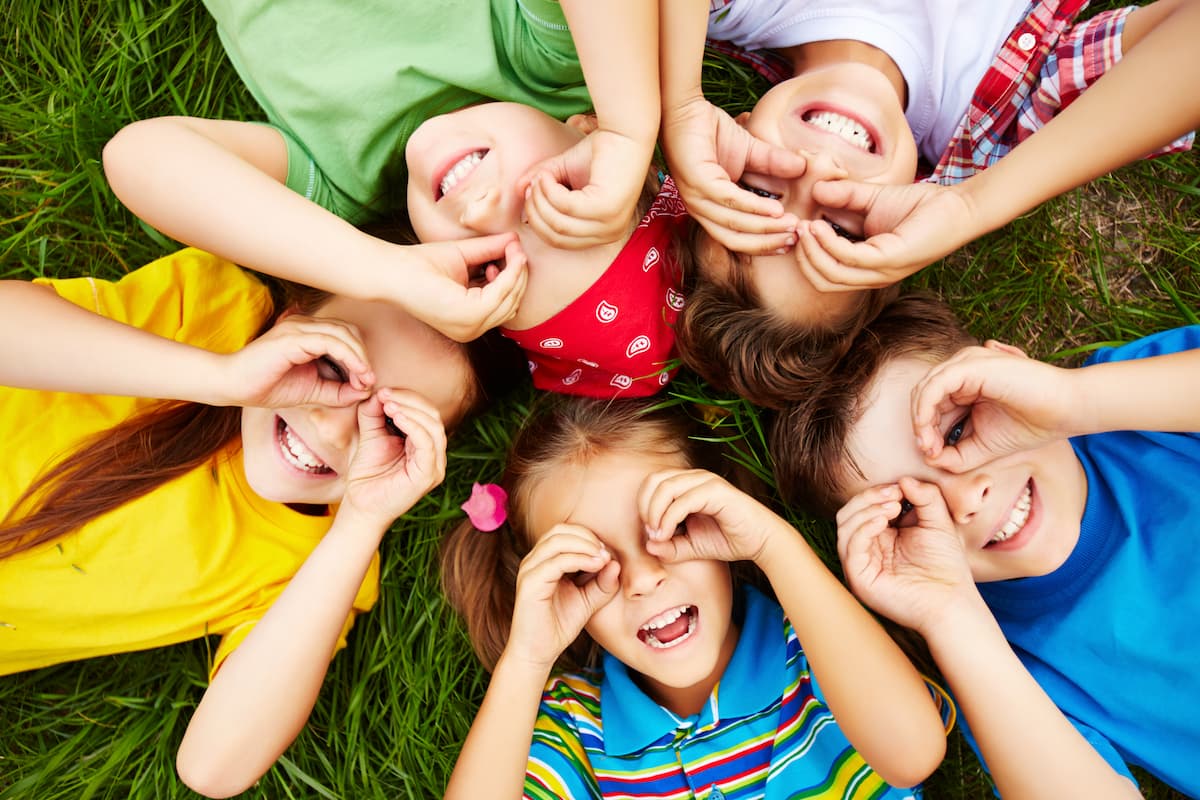
Play supports learning
Playful learning in schools
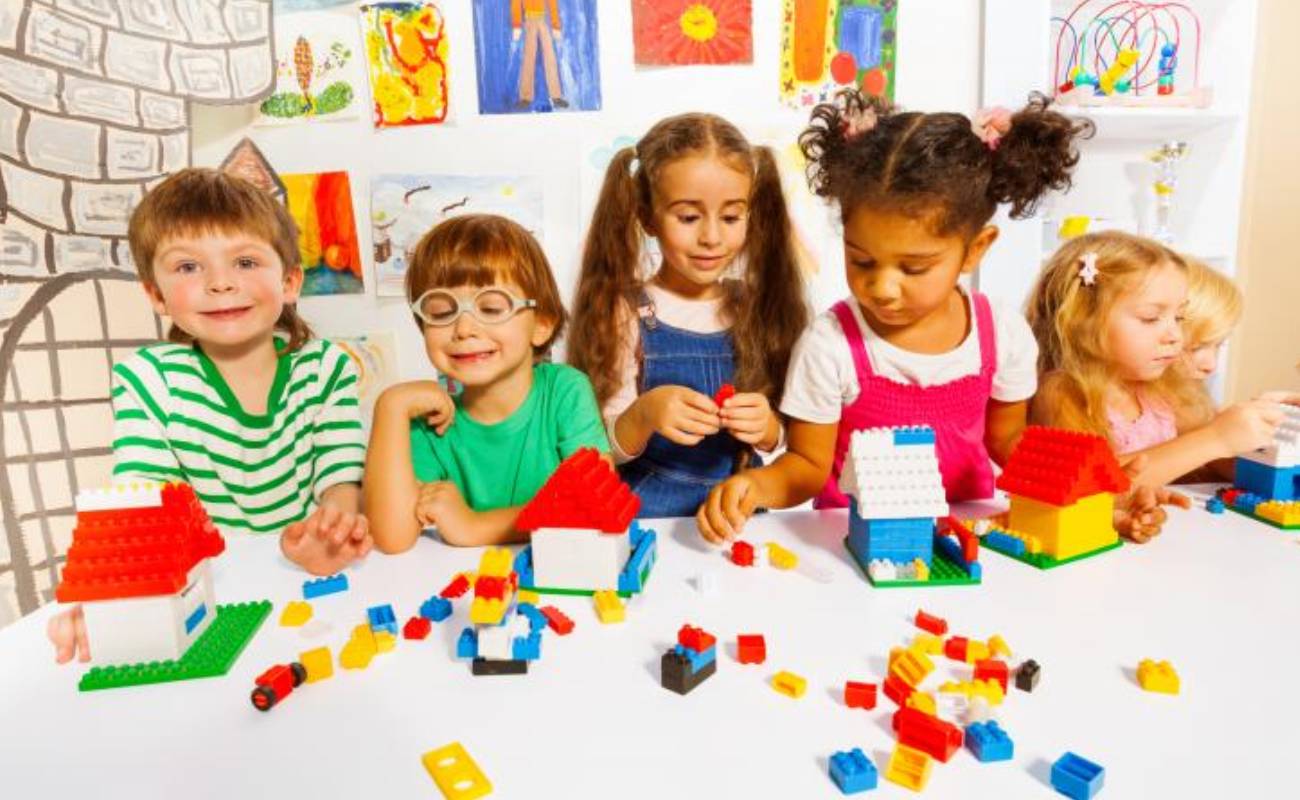
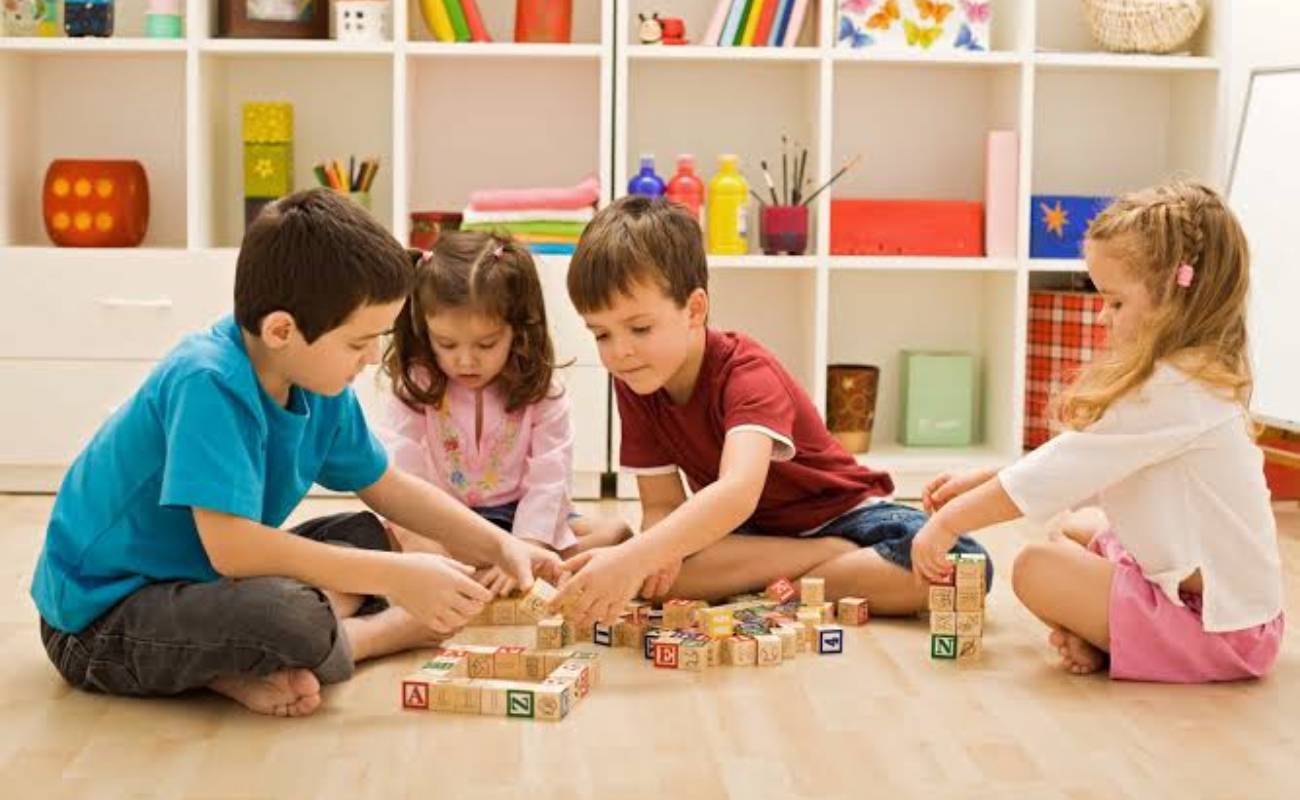
Paradoxes between play and school
- Players lose themselves in play. School, on the other hand, is timetabled.
- Play involves taking risks. Schools aim to keep children safe.
- In play, children are in charge. At school, the agenda is generally set by adults.
- Play-based learning would make classrooms playrooms that can be chaotic, messy, and loud. Schools aspire to be places of order.
Experiential Learning
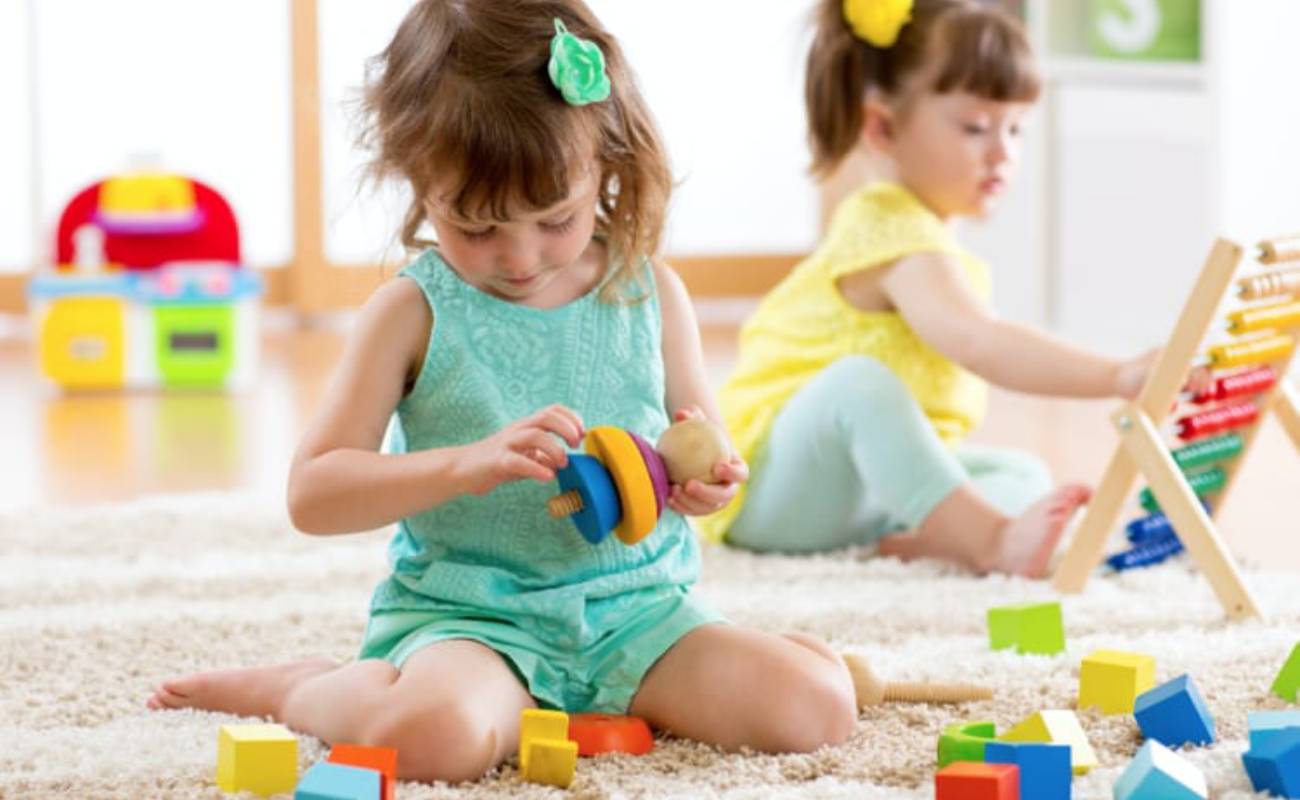
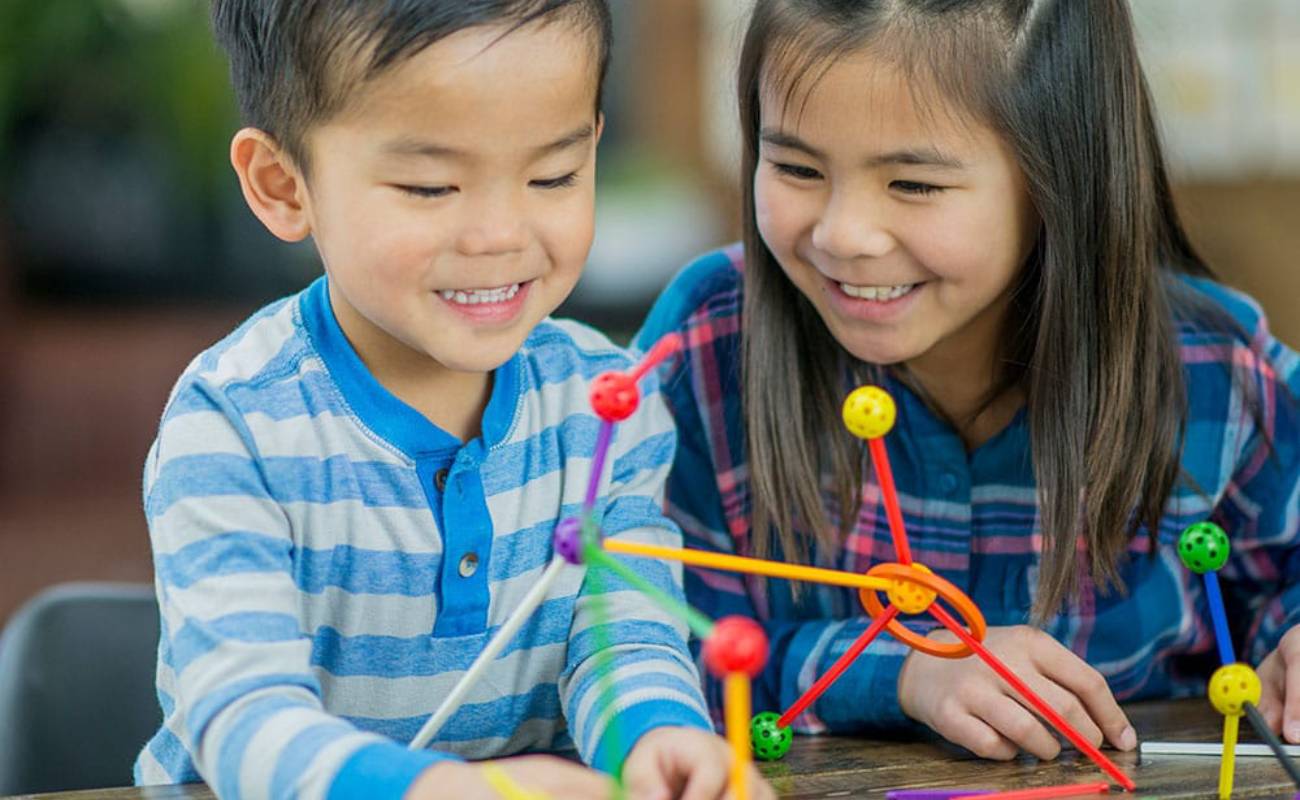
Learning environment
A strong foundation
- Learn how to plan and execute
- Learn from trial and error, trying to overcome any obstacles using their imagination
- Learn to forge connections with others, and to share, negotiate and resolve conflicts
- Build their resilience and coping skills, as they navigate relationships and deal with social challenges
- Analyse and reason how to solve problems or puzzles
- Develop self-esteem and self-confidence on accomplishing a task
- Tend to explore and be creative
- Improve their communication and social skills
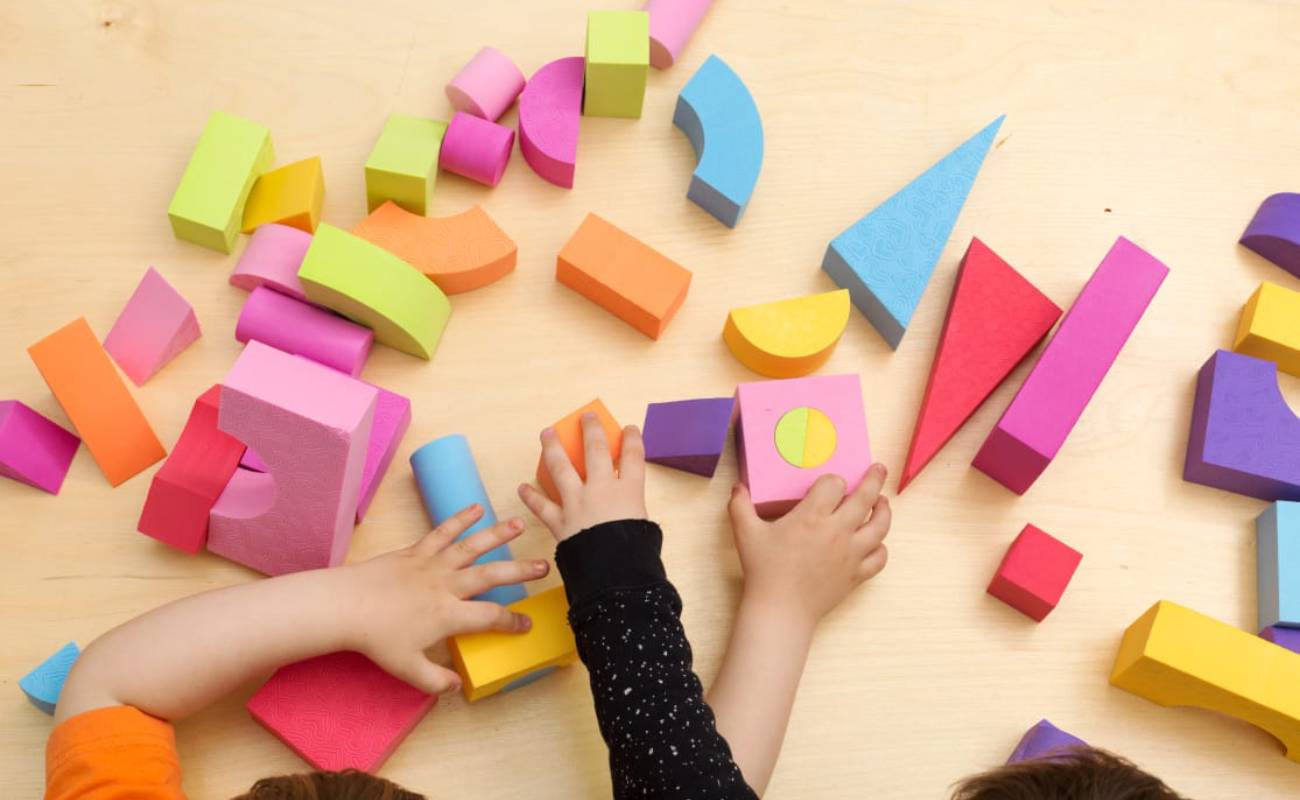
The key characteristics of playful experiences of our games are...
Joyful
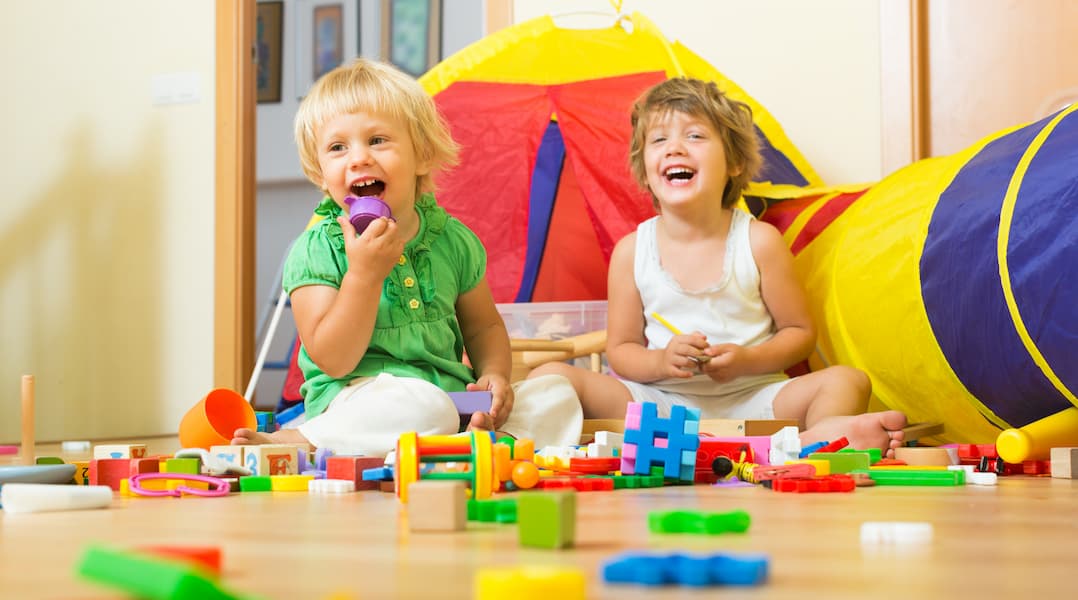
When the children play they experience joy. Play may have its moments of frustrations and challenges but the overall feeling is one of enjoyment, motivation, thrill and pleasure.
3-12 months 9:00 - 11:00h
Interactive
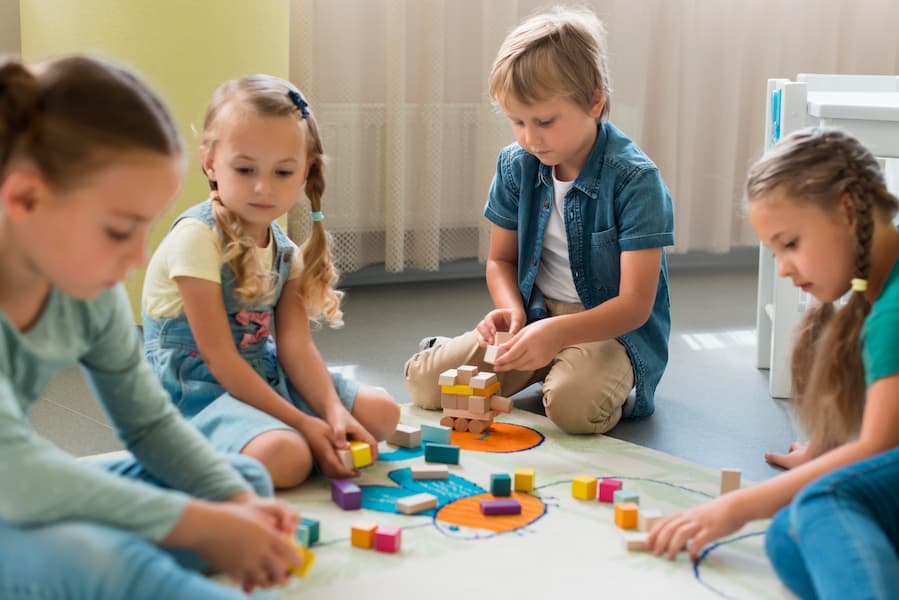
Playing with others is often more fun and allows children to communicate ideas and understand others through social interaction, paving the way for healthy relationships.
3-12 months 9:00 - 11:00h
Meaningful
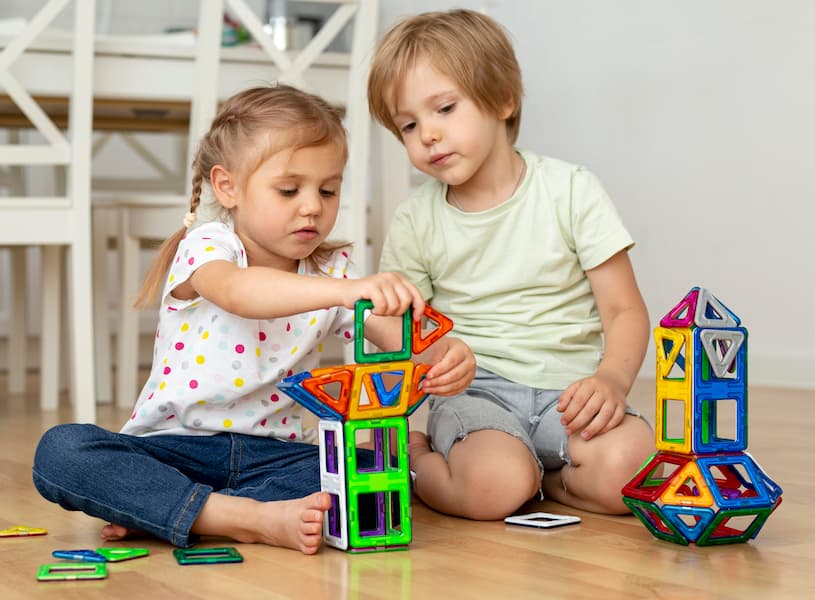
Children play to make sense of the world around them, and to find meaning in an experience by connecting it to something already known. Through play, children express and expand their understanding of their experiences.
1-3 years 11:00 - 15:00h
Iterative
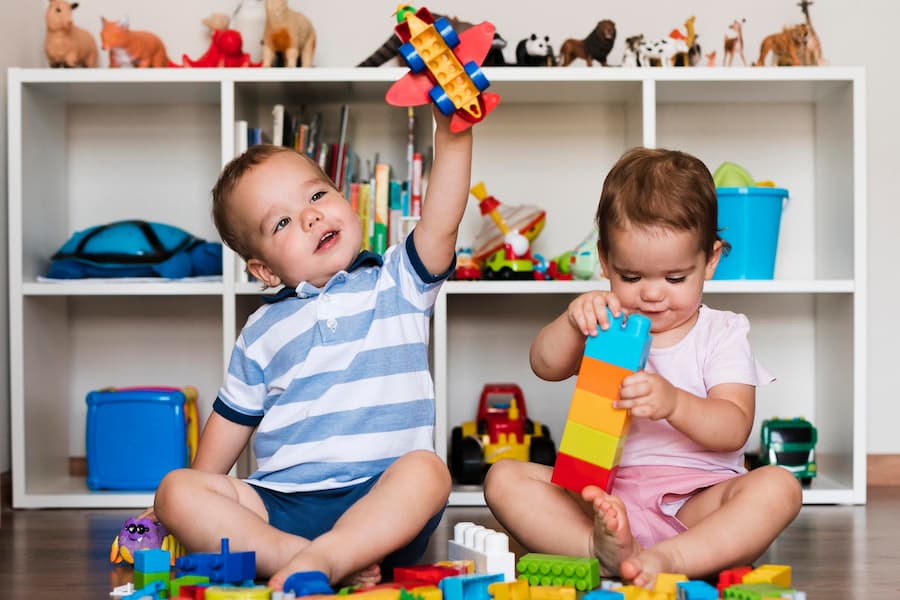
Play and learning are not static. Children play to practice skills, try out possibilities, revise hypotheses and discover new challenges. Repetitive play provides the practice that makes for effective and deeper learning.
3-5 years 16:00 - 17:00h
Engaging
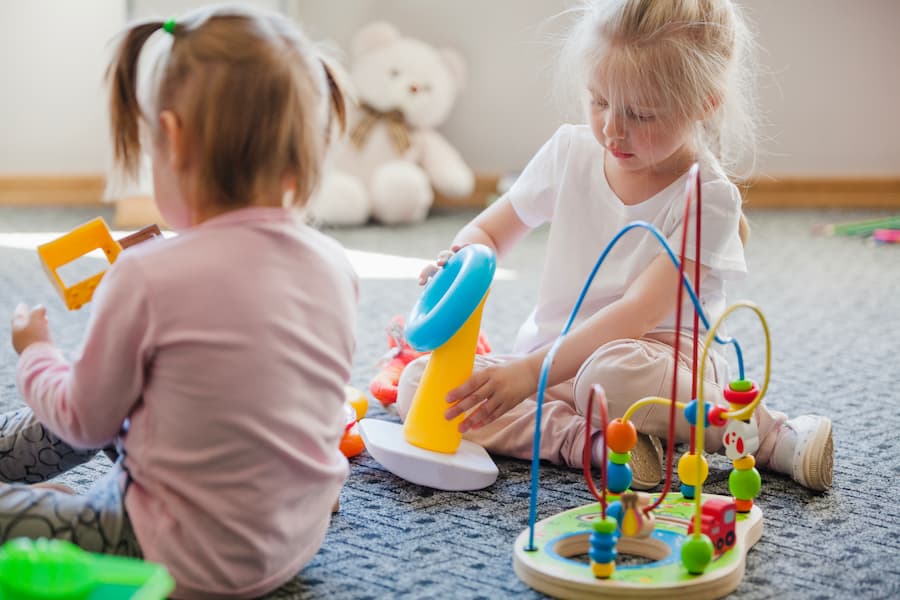
When children play they become deeply involved, often combining physical, mental and verbal engagement.
